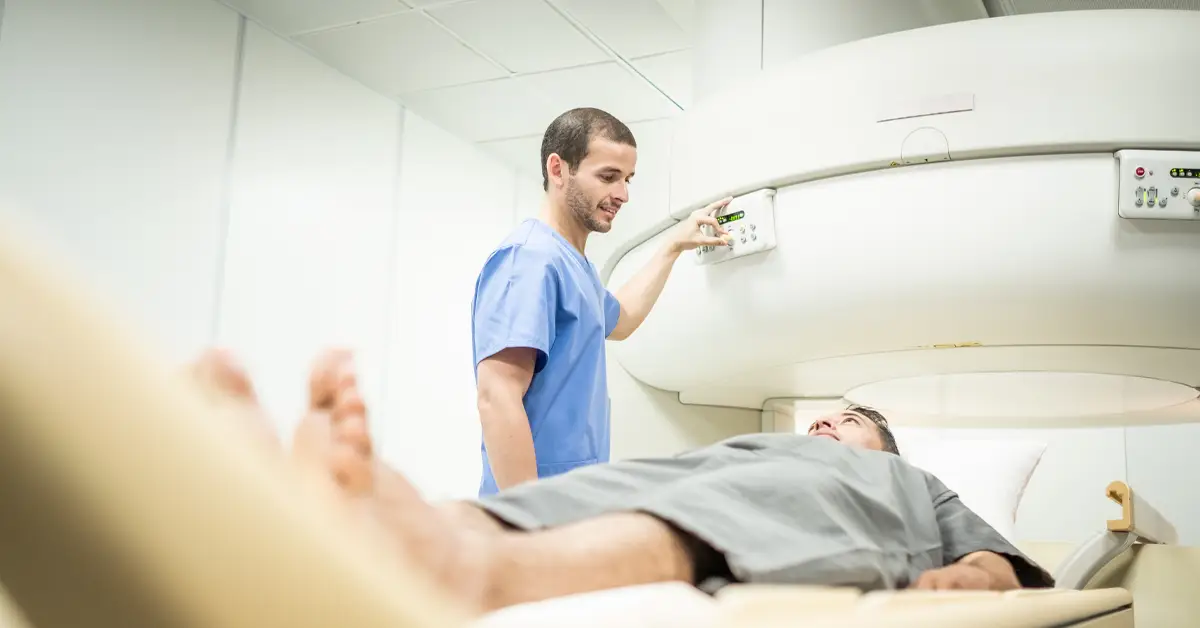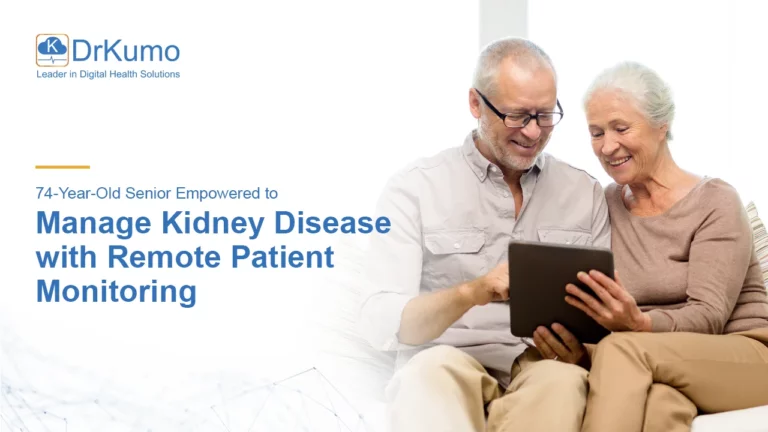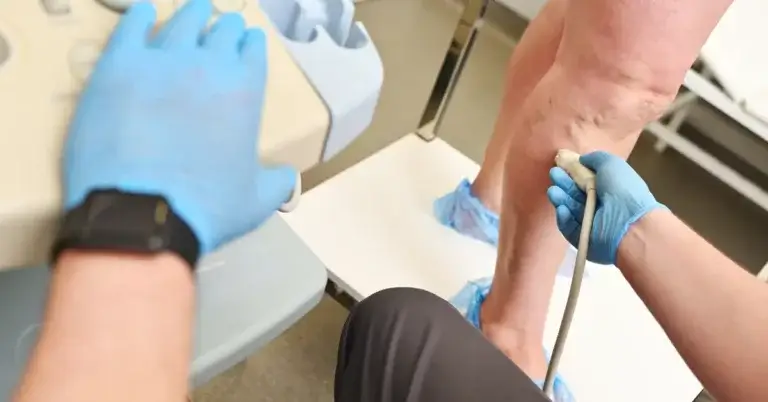Cancer is one of the leading causes of death worldwide, and the number of new cancer cases is expected to rise by more than 60% in the next two decades. However, many types of cancer can be prevented or detected early through regular screening.
National Cancer Prevention efforts play a crucial role in reducing the incidence and mortality of cancer. February is recognized as National Cancer Prevention Month in the United States, providing an opportunity to raise awareness of the importance of cancer prevention and early detection.
Understanding Cancer Risk Factors
Cancer risk factors are conditions or habits that can increase the likelihood of developing cancer. While some risk factors, such as age and genetics, are beyond our control, there are many risk factors that can be modified through lifestyle changes to reduce your risk and prevent cancer or find it early.
Some of the most common cancer risk factors include tobacco use, alcohol consumption, unhealthy diet, physical inactivity, exposure to environmental toxins and radiation, and infectious agents such as certain types of viruses and bacteria. Research has shown that reducing these risk factors can contribute to progress against cancer and lower cancer deaths.
Obesity and excess body weight are also significant risk factors for many types of cancer, including breast, colorectal, endometrial, and kidney cancer. Additionally, unprotected exposure to the sun’s harmful ultraviolet (UV) rays can increase the risk of developing skin cancer, the most common type of cancer in the United States.
Cancer education and community health initiatives can help raise awareness about these risk factors and promote healthy lifestyle choices. It is estimated that there are currently over fifteen million cancer survivors in the United States, and reducing cancer risk factors can help to increase this number. In fact, research has shown that nearly 50 percent of all cancers can be prevented by making healthy choices and reducing exposure to cancer-causing agents.
By taking steps to reduce your risk and prevent cancer or find it early, you can help to improve your overall health and well-being. Regular cancer screening tests, such as mammograms and colonoscopies, can also be effective in detecting cancer early when it is most treatable. With continued progress against cancer and a focus on prevention, we can work towards a future where fewer people are affected by this devastating disease.
Types of Cancer and Screening Tests
There are many kinds of cancer, with some of the most common cancer types in the United States being breast, colorectal, lung, prostate, and skin cancer. However, there are other cancers, such as cervical and liver cancer, which are also significant health concerns. Each cancer type has its unique screening tests, which can help in early detection and prevention.
Cervical cancer screening tests include the Pap (also called a Pap smear or cervical cytology) test, which can detect abnormalities in the cervix. Liver cancer screening tests include ultrasound, blood tests, and imaging studies, which can detect liver abnormalities. Certain cancers have specific screening guidelines based on an individual’s age, sex, and other risk factors. For instance, women are advised to get regular Pap tests to detect cervical cancer.
Screening tests play a crucial role in cancer prevention and early detection. Early detection of cancer through regular screening can help identify cancer at a treatable stage, leading to improved outcomes and reduced mortality. Individuals should discuss their screening options with their healthcare provider to determine the most appropriate screening tests for their specific needs and the risk of certain cancers.
Lowering Cancer Risk Through Screening and Early Detection
Preventing cancer is a key objective of healthcare organizations like the Centers for Disease Control and Prevention (CDC) and the Prevent Cancer Foundation. Lowering your risk of cancer by making healthy choices can help reduce the chance of getting cancer.
Maintaining a healthy lifestyle by eating a balanced diet, engaging in regular physical activity, and avoiding harmful substances can help lower your risk of cancer. The choices you make can also help improve your chances of not being diagnosed with cancer. Sun safety practices, avoiding tobacco products, and limiting alcohol consumption are additional ways to help lower your chances of developing cancer.
Regular cancer screenings can detect cancer early and reduce the risk of cancer diagnoses. Additionally, there are preventive measures that can be done to prevent certain types of cancer, such as receiving the human papillomavirus (HPV) vaccine to prevent cervical and other types of cancer.
Steps to Prevent Cancer Risk
Reducing cancer risk involves making healthy lifestyle choices and being proactive about cancer prevention. Here are some steps you can take to reduce your risk of developing cancer:
- Maintain a healthy weight: Being overweight or obese increases the risk of developing several types of cancer, including breast, colon, and endometrial cancer. Maintaining a healthy weight through a balanced diet and regular exercise can help reduce cancer risk.
- Engage in regular physical activity: Exercise can help reduce the risk of developing several types of cancer, including breast, colon, and lung cancer. Aim for at least 30 minutes of moderate physical activity each day.
- Eat a healthy diet: A diet that is high in fruits, vegetables, and whole grains can help reduce the risk of developing several types of cancer. Avoiding processed foods and limiting red meat consumption can also help reduce cancer risk.
- Limit alcohol consumption: Alcohol consumption is a known risk factor for several types of cancer, including breast, liver, and esophageal cancer. Limiting alcohol consumption can help reduce cancer risk.
- Avoid tobacco products: Tobacco use is a known risk factor for several types of cancer, including lung, mouth, and throat cancer. Avoiding tobacco products can help reduce cancer risk.
- Practice sun safety: Exposure to ultraviolet radiation from the sun is a known risk factor for skin cancer. Protect your skin by wearing protective clothing, using sunscreen, and avoiding the sun during peak hours.
- Get vaccinated: Vaccines can help protect against certain types of cancer, such as the HPV vaccine, which can help prevent cervical and other types of cancer.
- Get regular cancer screenings: Regular cancer screenings can help detect cancer at an early stage when it is more treatable. Talk to your healthcare provider about which cancer screening tests are right for you.
By taking these steps, you can reduce the risk of developing cancer and improve your overall health and well-being.
Cancer Prevention Research and Training
Cancer prevention research and training play a crucial role in reducing the burden of cancer. The National Cancer Institute (NCI) is the federal government’s principal agency for cancer research and training. The NCI’s Division of Cancer Prevention conducts and supports research on the identification and development of effective cancer prevention strategies.
One of the goals of cancer prevention research is to identify risk factors for cancer and develop strategies to reduce those risks. This includes studying the effects of environmental, lifestyle, and genetic factors on cancer risk, as well as developing vaccines and chemo preventive agents to reduce cancer risk.
Cancer prevention research also focuses on developing and evaluating cancer screening tests to detect cancer at an early stage when it is more treatable. The NCI’s Division of Cancer Prevention supports research on the development and evaluation of cancer screening tests, including the use of new technologies such as liquid biopsies and imaging tests.
Cancer prevention training is also an important component of reducing the burden of cancer. The NCI’s Cancer Prevention Fellowship Program provide postdoctoral training in cancer prevention and control to individuals who are committed to a career in cancer prevention research. The program provides opportunities for fellows to work with leading researchers in cancer prevention and to gain experience in a variety of areas, including epidemiology, behavioral science, and community interventions.
In addition to the NCI, several organizations are dedicated to cancer prevention research and training. The American Association for Cancer Research (AACR) is a nonprofit organization that focuses on cancer research, including the prevention and early detection of cancer. The AACR provides funding for cancer prevention research and promotes education and training in cancer prevention.
Through cancer prevention research and training, we can gain a better understanding of the factors that contribute to cancer and develop effective strategies to prevent and detect cancer at an early stage. These efforts are crucial in reducing the burden of cancer and improving the health and well-being of individuals and communities.
Preventable Causes of Cancer
While not all types of cancer can be prevented, many cases of cancer are linked to preventable causes. Preventable causes of cancer include tobacco use, excess body weight, unhealthy diet, lack of physical activity, and exposure to environmental toxins.
Tobacco use is the leading preventable cause of cancer. Cigarette smoking causes lung cancer as well as many other types of cancer, including bladder, cervical, esophageal, kidney, and pancreatic cancer. Secondhand smoke exposure can also increase the risk of lung cancer.
Excess body weight is another major preventable cause of cancer. Obesity increases the risk of several types of cancer, including breast, colon, endometrial, and kidney cancer. Maintaining a healthy weight through regular physical activity and a healthy diet can help reduce the risk of these types of cancer.
A healthy diet and regular physical activity can also help prevent cancer. Eating a diet rich in fruits, vegetables, and whole grains can help reduce the risk of several types of cancer. Physical activity can also help reduce the risk of cancer, as well as other chronic diseases.
Exposure to environmental toxins such as asbestos, arsenic, and radon can also increase the risk of cancer. Protecting yourself from these environmental hazards can help reduce the risk of developing cancer.
Prevention is key to reducing the burden of cancer. By taking steps to reduce exposure to preventable causes of cancer, we can lower the risk of developing many types of cancer. Making healthy lifestyle choices and protecting ourselves from environmental hazards are important steps we can take to reduce the risk of cancer and improve our overall health and well-being.
DrKumo Remote Patient Monitoring for Early Detection of Cancer Symptoms
Remote Patient Monitoring (RPM) technology has proven to be an effective tool in managing chronic diseases and preventing health complications. With February being National Cancer Prevention Month, it is crucial to highlight the significance of RPM in cancer prevention. DrKumo is a technology leader that offers highly scalable, continuous, and real-time remote patient monitoring solutions for various healthcare needs, including chronic disease management, acute care, post-operation, and hospital care at home.
DrKumo state-of-the-art, HIPAA-compliant, mobile-enabled, continuous real-time monitoring, and AI/ML engine powers a user-friendly solution that revolutionizes the way people access quality healthcare across the world. Through remote patient monitoring, patients can manage their health conditions in the comfort of their homes, and healthcare providers can receive real-time intelligence for timely intervention. This technology is particularly relevant for cancer patients, who can receive continuous monitoring to ensure that their conditions do not worsen.
DrKumo solutions are innovative, collaborative, and technology-driven, providing the most effective solutions to both patients and healthcare providers. With the world becoming increasingly digital, DrKumo RPM technology is poised to be a game-changer in cancer prevention and overall healthcare management.
Takeaways
February is National Cancer Prevention Month, a time to raise awareness about cancer prevention and encourage individuals to take action to reduce their risk of developing cancer. By making healthy choices like maintaining a healthy weight, staying physically active, avoiding tobacco and excessive alcohol consumption, protecting the skin from UV rays, and getting vaccinated against cancer-causing pathogens, individuals can dramatically reduce their risk of developing cancer.
Remote patient monitoring (RPM) can be a useful tool in cancer prevention by allowing healthcare providers to remotely monitor patients’ health and vital signs, potentially detecting changes in health status early and reducing the risk of developing cancer.
Take charge of your health and prevent cancer by making healthy lifestyle choices and utilizing RPM technology. Contact DrKumo now.








